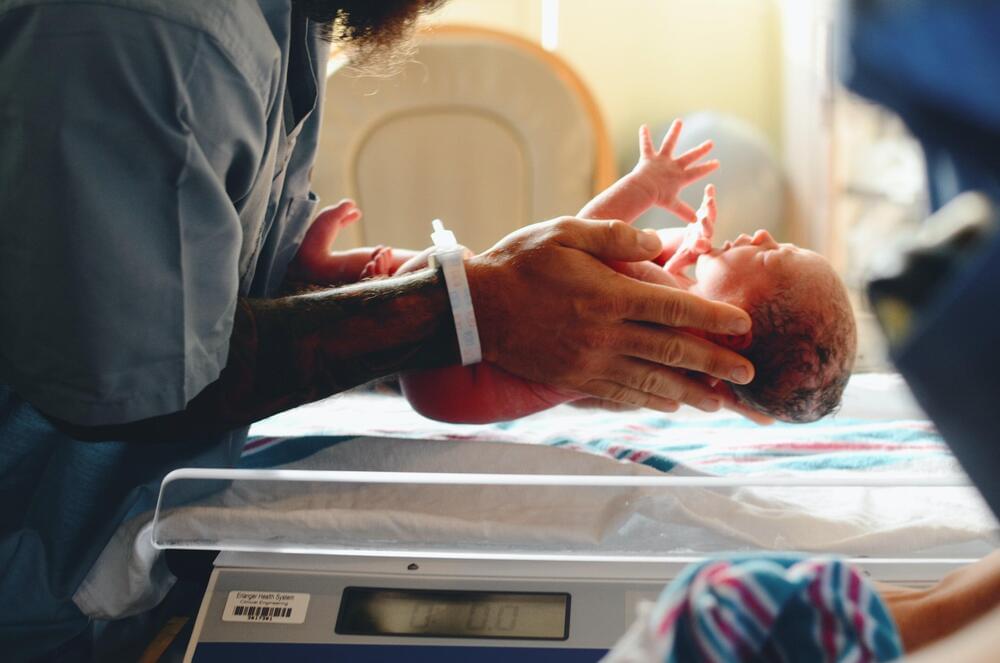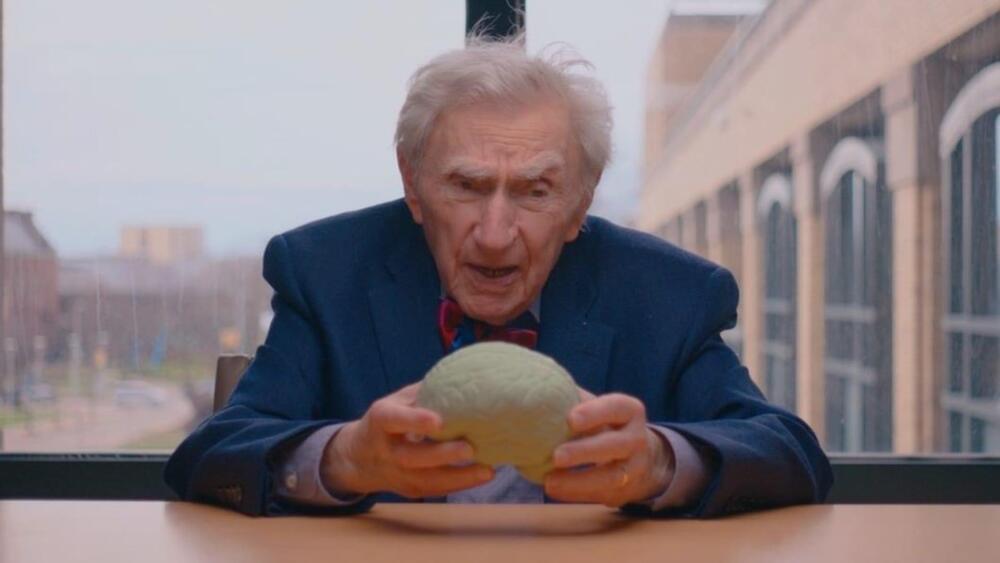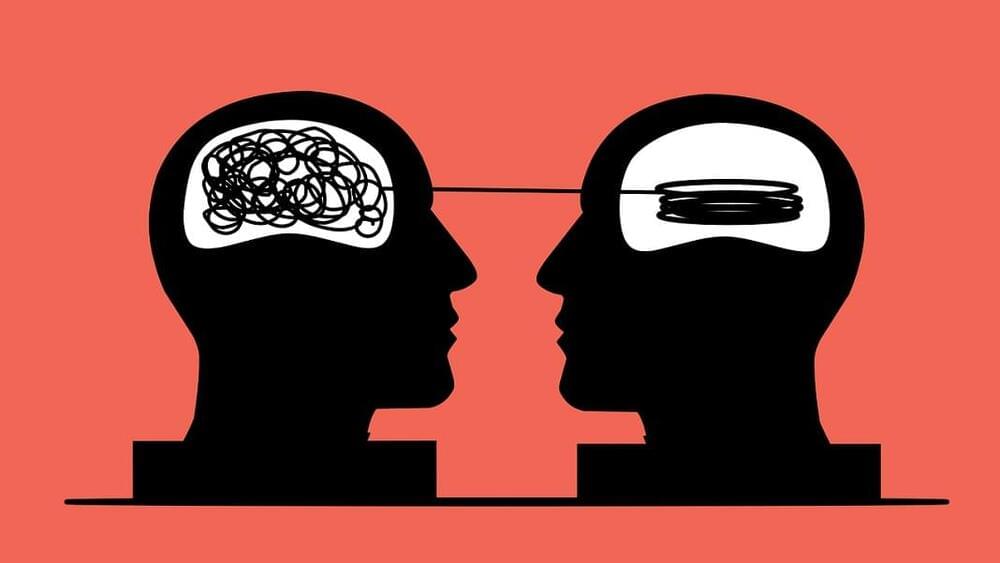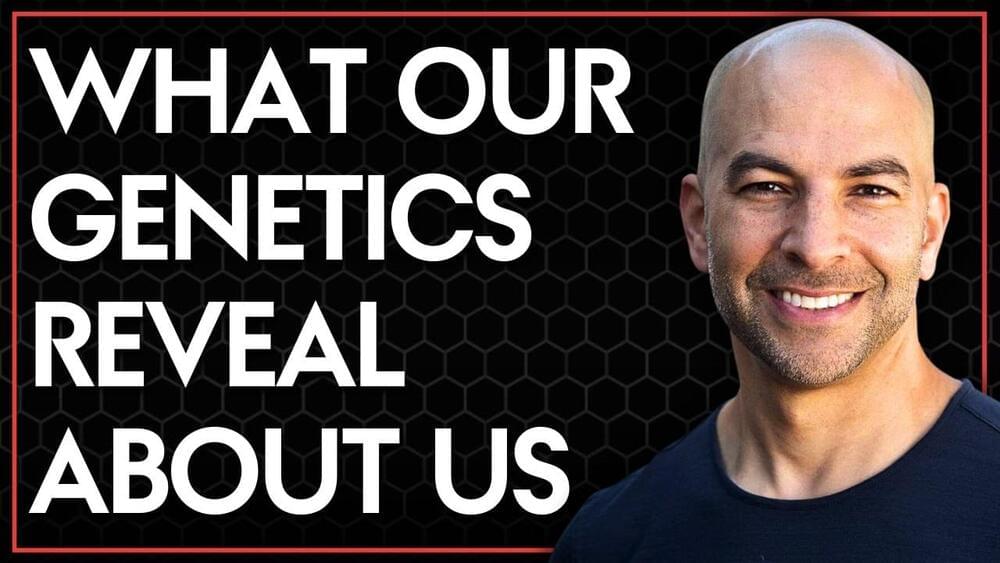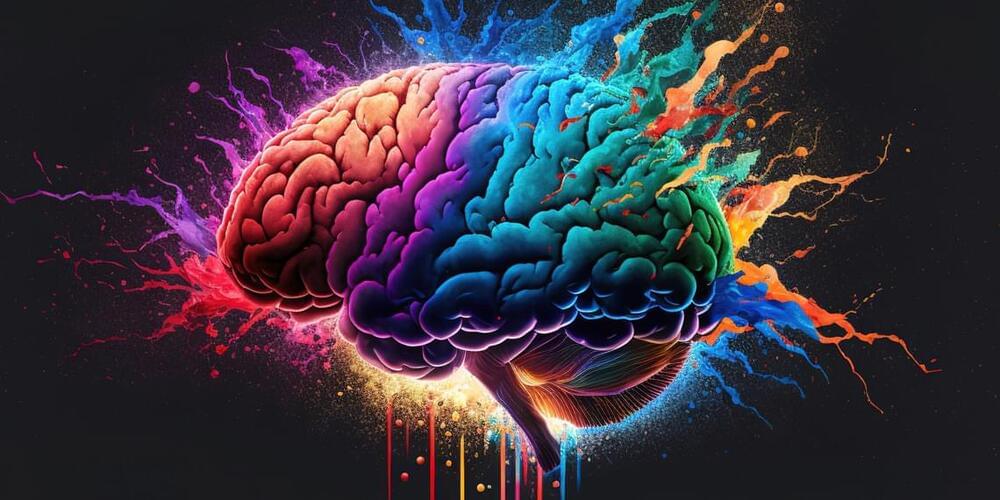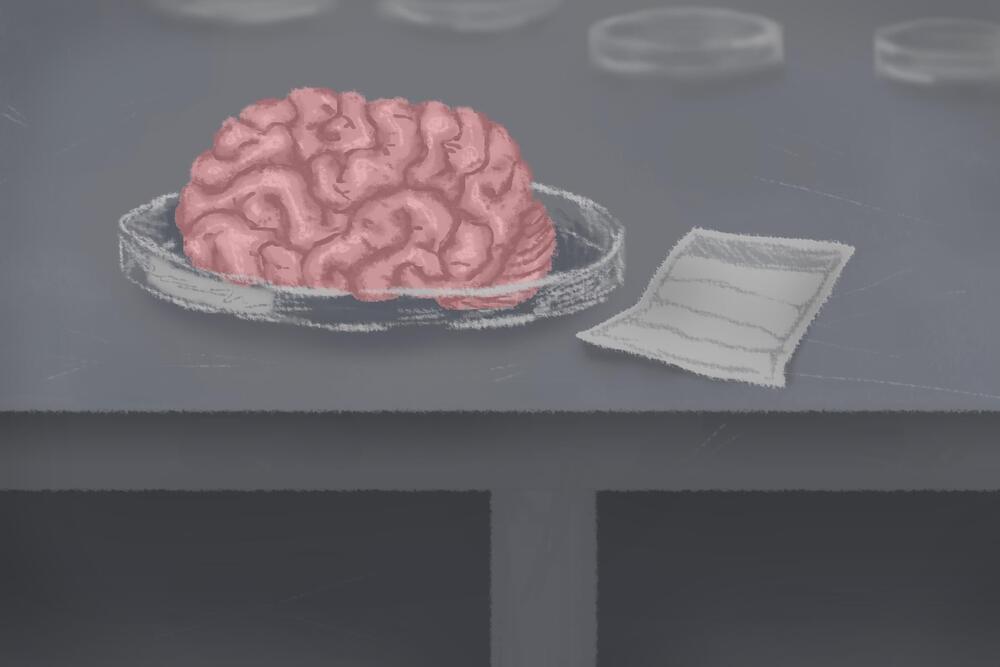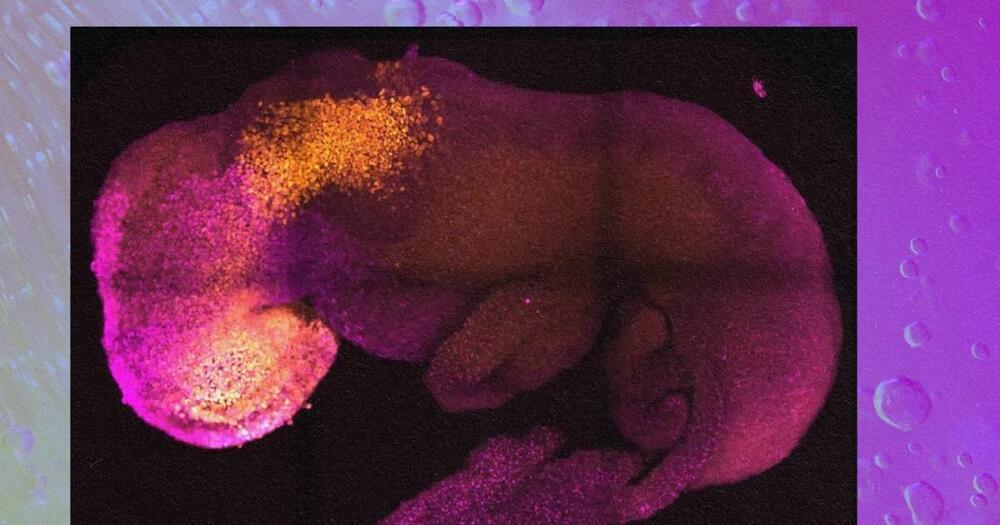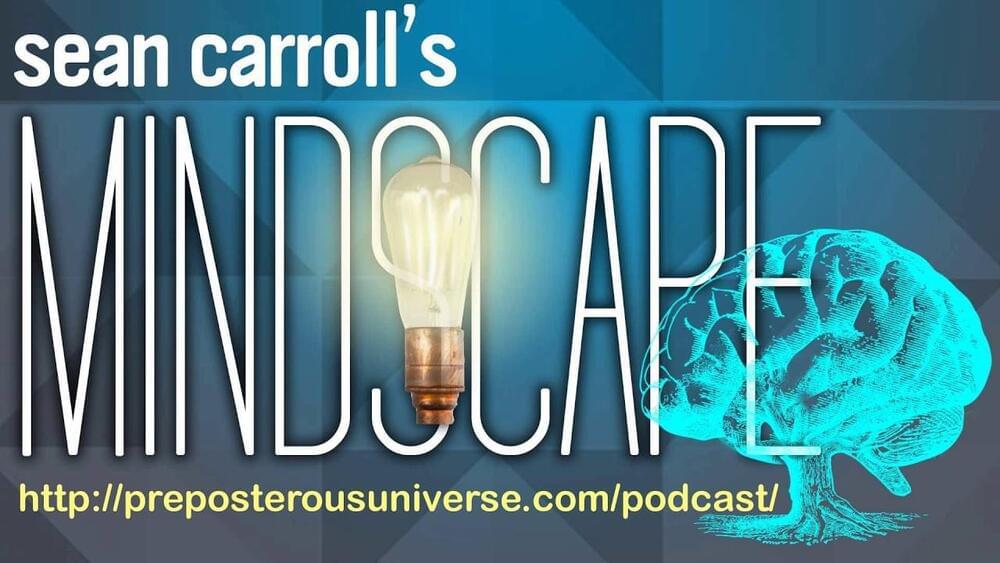Aug 15, 2023
Researchers find risk of premature birth 50% higher in mothers with poor mental health
Posted by Shubham Ghosh Roy in categories: biotech/medical, neuroscience
New work led by researchers at the University of Exeter, King’s College London, the London School of Hygiene and Tropical Medicine and the University of Liverpool has found that women who had at least one contact with mental health services in the seven years prior to their pregnancy were at increased risk of preterm birth.
The study, “Obstetric and neonatal outcomes in pregnant women with and without a history of specialist mental health care: a national population-based cohort study using linked routinely collected data in England,” published in Lancet Psychiatry, analyzed data from more than two million pregnant women, and found that one in 10 women who had used mental health services before their pregnancy had a preterm birth, compared to one in 15 in those who had not.
Researchers also found that women who had used mental health services faced a higher risk of giving birth to a baby that was small for its gestational age, increasing from 65 per 1,000 births in women who had not used mental health services to 75 per 1,000 births in women who had.
